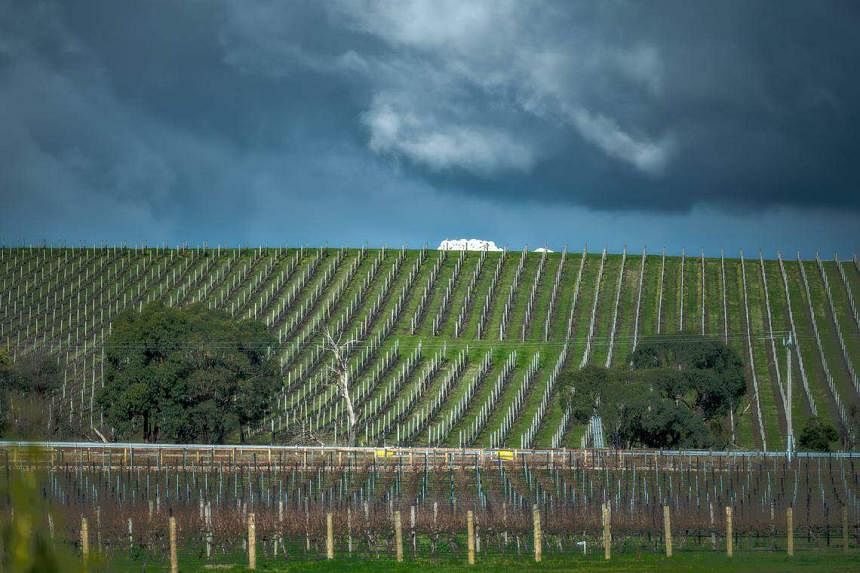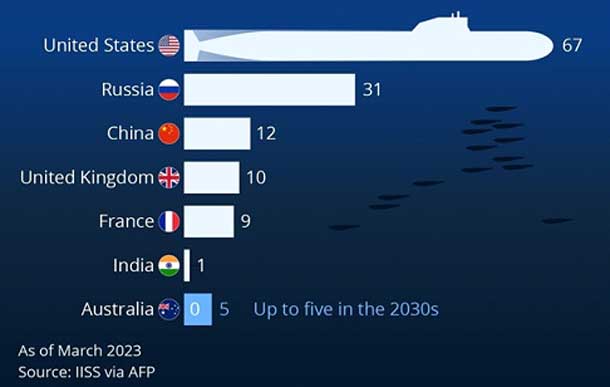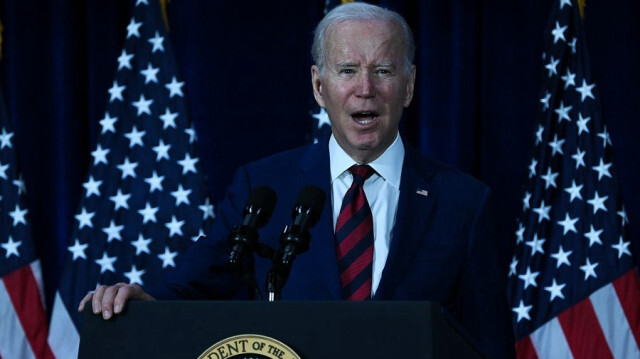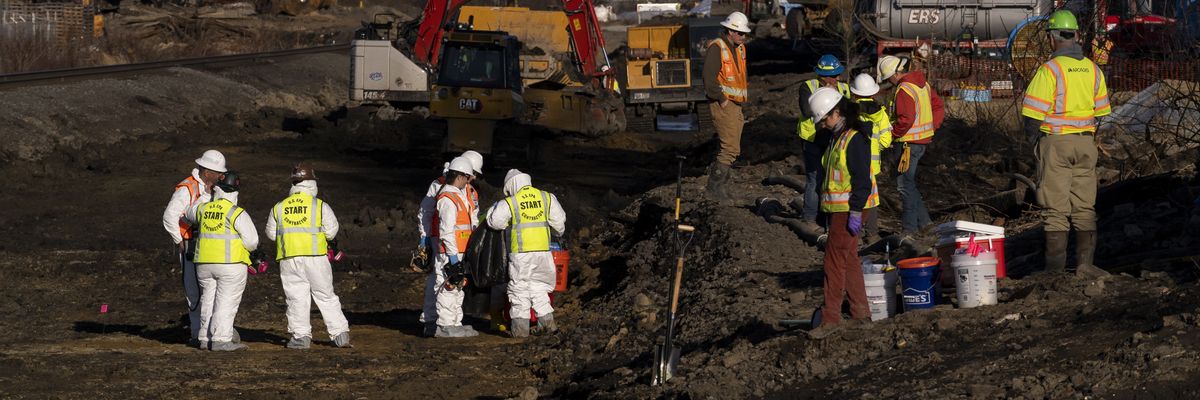
March 18, 2023
By MISES
By Raushan Gross*
People are arguing over whether artificial intelligence (AI) and robotics will eliminate human employment. People seem to have an all-or-nothing belief that either the use of technology in the workplace will destroy human employment and purpose or it won’t affect it at all. The replacement of human jobs with robotics and AI is known as “technological unemployment.”
Although robotics can turn materials into economic goods in a fraction of the time it would take a human, in some cases using minimal human energy, some claim that AI and robotics will actually bring about increasing human employment. According to a 2020 Forbes projection, AI and robotics will be a strong creator of jobs and work for people across the globe in the near future. However, also in 2020, Daron Acemoglu and Pascual Restrepo published a study that projected negative job growth when AI and robotics replace human jobs, predicting significant job loss each time a robot replaces a human in the workplace. But two years later, an article in The Economist showed that many economists have backtracked on their projection of a high unemployment rate due to AI and robotics in the workplace. According to the 2022 Economist article, “Fears of a prolonged period of high unemployment did not come to pass. . . . The gloomy narrative, which says that an invasion of job-killing robots is just around the corner, has for decades had an extraordinary hold on the popular imagination.” So which scenario is correct?
Contrary to popular belief, no industrialized nation has ever completely replaced human energy with technology in the workplace. For instance, the steam shovel never put construction workers out of work; whether people want to work in construction is a different question. And bicycles did not become obsolete because of vehicle manufacturing: “Consumer spending on bicycles and accessories peaked at $8.3 billion in 2021,” according to an article from the World Economic Forum.
Do people generally think AI and robotics can run an economy without human involvement, energy, ingenuity, and cooperation? While AI and robotics have boosted economies, they cannot plan or run an economy or create technological unemployment worldwide. “Some countries are in better shape to join the AI competition than others,” according to the Carnegie Endowment for International Peace. Although an accurate statement, it misses the fact that productive economies adapt to technological changes better than nonproductive economies. Put another way, productive people are even more effective when they use technology. Firms using AI and robotics can lower production costs, lower prices, and stimulate demand; hence, employment grows if demand and therefore production increase. In the unlikely event that AI or robotic productive technology does not lower a firm’s prices and production costs, employment opportunities will decline in that industry, but employment will shift elsewhere, potentially expanding another industry’s capacity. This industry may then increase its use of AI and robotics, creating more employment opportunities there.
In the not-so-distant past, office administrators did not know how to use computers, but when the computer entered the workplace, it did not eliminate administrative employment as was initially predicted. Now here we are, walking around with minicomputers in our pants pockets. The introduction of the desktop computer did not eliminate human administrative workers—on the contrary, the computer has provided more employment since its introduction in the workplace. Employees and business owners, sometimes separated by time and space, use all sorts of technological devices, communicate with one another across vast networks, and can be increasingly productive.
I remember attending a retirement party held by a company where I worked decades ago. The retiring employee told us all a story about when the company brought in its first computer back in the late ’60s. The retiree recalled, “The boss said we were going to use computers instead of typewriters and paper to handle administrative tasks. The next day, her department went from a staff of thirty to a staff of five.” The day after the department installed computers, twenty-five people left the company to seek jobs elsewhere so they would not “have to learn and deal with them darn computers.”
People often become afraid of losing their jobs when firms introduce new technology, particularly technology that is able to replicate human tasks. However, mass unemployment due to technological innovation has never happened in any industrialized nation. The notion that AI will disemploy humans in the marketplace is unfounded. Mike Thomas noted in his article “Robots and AI Taking Over Jobs: What to Know about the Future of Jobs” that “artificial intelligence is poised to eliminate millions of current jobs—and create millions of new ones.” The social angst about the future of AI and robotics is reminiscent of the early nineteenth-century Luddites of England and their fear of replacement technology. Luddites, heavily employed in the textile industry, feared the weaving machine would take their jobs. They traveled throughout England breaking and vandalizing machines and new manufacturing technology because of their fear of technological unemployment. However, as the textile industry there became capitalized, employment in that industry actually grew. History tells us that technology drives the increase of work and jobs for humans, not the opposite.
We should look forward to unskilled and semiskilled workers’ upgrading from monotonous work because of AI and robotics. Of course, AI and robotics will have varying effects on different sectors; but as a whole, they are enablers and amplifiers of human work. As noted, the steam shovel did not disemploy construction workers. The taxi industry was not eliminated because of Uber’s technology; if anything, Uber’s new AI technology lowered the barriers of entry to the taxi industry. Musicians were not eliminated when music was digitized; instead, this innovation gave musicians larger platforms and audiences, allowing them to reach millions of people with the swipe of a screen. And dating apps running on AI have helped millions of people fall in love and live happily ever after.







:quality(70)/cloudfront-eu-central-1.images.arcpublishing.com/thenational/F445NSIMCPJTKGYCLN5DMYWD4E.jpg)
:quality(70)/cloudfront-eu-central-1.images.arcpublishing.com/thenational/E3LLBXWHZIWKHPSBP7CVABEDUA.jpg)
:quality(70)/cloudfront-eu-central-1.images.arcpublishing.com/thenational/7DFVXKVRYWCMI7IWQ5HE7PZZBE.jpg)
:quality(70)/cloudfront-eu-central-1.images.arcpublishing.com/thenational/U2ZUNUPALNM24IJVVMT3HQ2XFQ.jpg)













